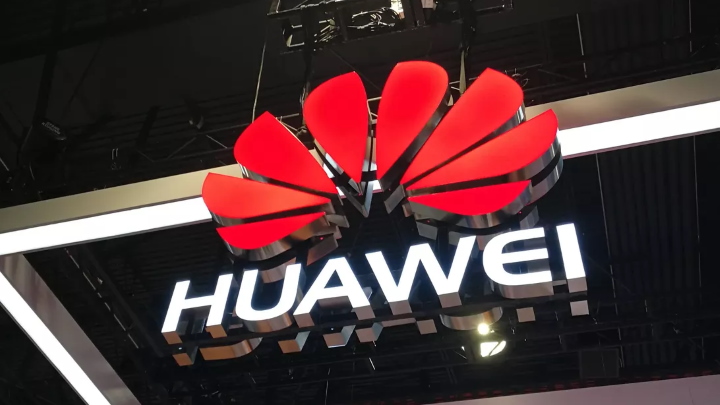U.S. Government Accuses Huawei of Using Backdoors in Mobile Networks
New charges have been brought against Huawei. This time, the U.S. federal government is suggesting that the Chinese giant was using backdoors installed on mobile networks for law enforcement use.
Huawei - new charges:
- The company is said to use backdoors, i.e. security gaps, installed in mobile networks co-created by Huawei around the world;
- Huawei was able to collect information for over a decade (starting in 2009);
- The Chinese company rejects the charges.
The end of the war between the American government and the Chinese company Huawei is nowhere near end. After the strong, official accusations of spying, which shook the world of new technologies last year, the suspension of cooperation by Google and January's attempt to impose further restrictions on commercial cooperation, we have seen new revelations. The new controversy sparked from alleged backdoors installed in telcom networks co-created by Huawei, through which the Chinese company could get a variety of data.

The information was disclosed by the US Federal Government (via Wall Street Journal). The WSJ article reads that Huawei could secretly access mobile networks around the world (unfortunately, no specific countries were mentioned) using so-called backdoors, i.e. security gaps that were designed for use by law enforcement agencies. According to the U.S. government, the Chinese company apparently had such possibility for over a decade, namely since the beginning of implementing proprietary solutions to support 4G technology.
According to reports of the WSJ, American officials kept the information secret until the end of 2019, when the details were presented to the governments of the UK, Germany and other allies. European countries have apparently taken this information into account - last month they gave permission for Huawei's participation in the work on the 5G network in the European Union, but under special, quite restrictive conditions (among others, Huawei's market share at max. 35%, lack of access to important locations, exclusion of Huawei from work on the main elements of the 5G network).
In a statement to the editorial staff of the Wall Street Journal, Huawei rejects the accusations, as it did with all previous ones:
"We strongly reject the latest charges. The accusations are once again unfounded and are not covered by solid evidence. The use of a lawful interception interface is strictly regulated and only certified employees of mobile operators have access to it. No Huawei employee is allowed to access the network without an explicit approval from the network operator.
- “This was not a breach of Discord,” the company clarified, dismissing rumors. Still, reports say that over 2 million “items” were stolen from a third-party vendor
- Data of 700 million EA players might end up in the hands of a „repressive, authoritarian government.” Senators sound the alarm
- His Steam account was hacked several times. The rescue turned out to be a 19-year-old game
0

Author: Peter Doron
Educated as a journalist and political scientist. In GRYOnline.pl since 2004. He started with previews and reviews, to join the Newsroom after a year and stayed there ever since. Currently the head of this department, where he manages a team composed of both specialists in their field and ambitious newbies, eager to learn and do their best. Former editor of emu@dreams, where he got by his fascination with emulation and consoles, as well as a reviewer for GB More magazine. A fan of information, games (it would take a long time to list favorite genres), the Internet, a good sci-fi and fantasy book, will also watch a well-crafted series or movie. Husband, father of three children, aesthete, advocate of moderation in private life.
Latest News
- End of remote work and 60 hours a week. Demo of Naughty Dog's new game was born amid a crunch atmosphere
- She's the new Lara Croft, but she still lives in fear. Trauma after Perfect Dark changed the actress' approach to the industry
- „A lot has become lost in translation.” Swen Vincke suggests that the scandal surrounding Divinity is a big misunderstanding
- Stuck in development limbo for years, ARK 2 is now planned for 2028
- Few people know about it, but it's an RPG mixing Dark Souls and NieR that has received excellent reviews on Steam, and its first DLC will be released soon

